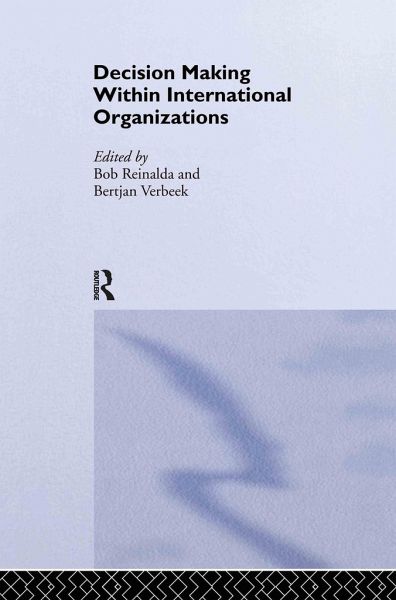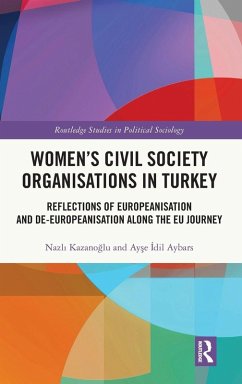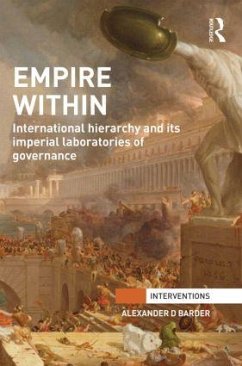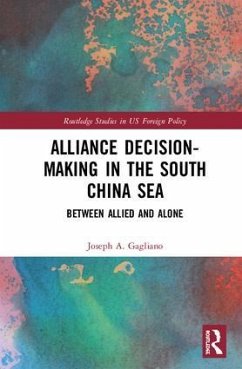
Decision Making Within International Organisations
Versandkostenfrei!
Versandfertig in 1-2 Wochen
187,99 €
inkl. MwSt.
Weitere Ausgaben:

PAYBACK Punkte
94 °P sammeln!
Following the end of the Cold War and in the context of globalization, this book examines the extent to which member states dominate decision making in international organizations and whether non-state actors, for example non-governmental organizations and multinational corporations, are influential. The authors assess the new patterns of decision-making to determine whether they are relatively open or closed privileged networks. The organizations examined include the Council of Europe, the United Nations, the EU, G8, the World Trade Organization, International Maritime Organizations, the Worl...
Following the end of the Cold War and in the context of globalization, this book examines the extent to which member states dominate decision making in international organizations and whether non-state actors, for example non-governmental organizations and multinational corporations, are influential. The authors assess the new patterns of decision-making to determine whether they are relatively open or closed privileged networks. The organizations examined include the Council of Europe, the United Nations, the EU, G8, the World Trade Organization, International Maritime Organizations, the World Health Organization and the OECD.













